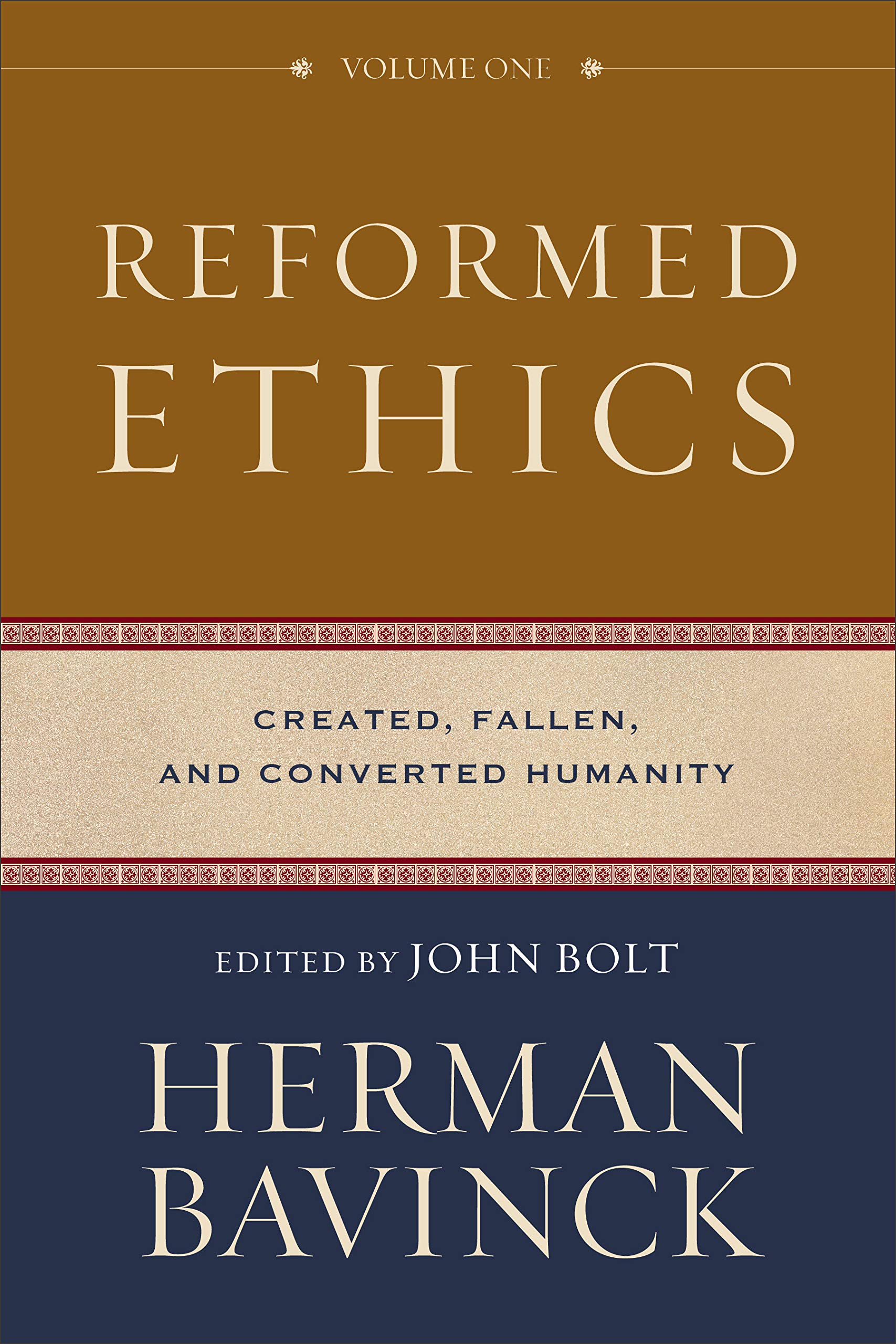 It has been a topic of much dispute in the last century or so of Protestant theology, but the status of natural law, and particularly its connection with the doctrine of common grace, continues to be of significance.
It has been a topic of much dispute in the last century or so of Protestant theology, but the status of natural law, and particularly its connection with the doctrine of common grace, continues to be of significance.
Nathaniel Gray Sutanto, who has done a great deal of work on the Dutch theologian Herman Bavinck, points to a fascinating passage in Bavinck’s newly translated Ethics, vol. 1, that provides, as he puts it, “a crystal clear statement on common grace … as the context in which natural theology and morality can be found.”
Here’s the quote from Bavinck:
From the fall onward, human life and humanity itself have come under the purview of common grace. That we do exist and enjoy blessings is not simply grounded in the order of creation, because our sin forfeits our right to exist as well as the content of our life. Nevertheless… common grace belongs to the sphere of creation. The fruit of common grace—being allowed to retain something of what we by nature possessed in Adam—we must not forget, it is a gift of grace; it is ours not by right or covenant. It is in this sense that we also speak of natural theology, natural morality, and natural law…. It can be expressed more clearly this way: all of life and all of humanity fall within the purview of patience, of God’s forebearance. This is better than seeing it under the purview of creation. The order of creation has been disturbed by sin and will never return.
Sutanto concludes from this passage that “common grace is not synonymous with natural law.” This is, I think, correct, but that proposition warrants some deeper explication as well.
It is not as if natural law becomes entirely invalidated on this account; certainly its efficacy and its salience are impacted by the fall into sin. And yet I think it would be also right to say in some sense that natural law is to some extent preserved by common grace. Thus as Bavinck puts in a sentence contained in ellipses above, natural theology, natural morality, and natural law, “Even though we retain them only as gifts, they are remnants, graciously left behind for us, of what we once possessed by nature.”
As it turns out, the relationship between common grace and natural law is precisely one of the questions I asked our panelists about at this year’s Kuyper Conference panel discussion on “Common Grace, Community, and Culture.” You can see the question and answers from J. Daryl Charles, Vincent Bacote, and Jessica Joustra here:
Indeed, I think the right way of understanding natural law in connection with common grace is that the former is an expression of the latter, but not identical with it.
For more, check out the editors’ introduction to volume 2 of Common Grace, which treats common grace in connection with natural law and the moral order, civic righteousness, and social order.

